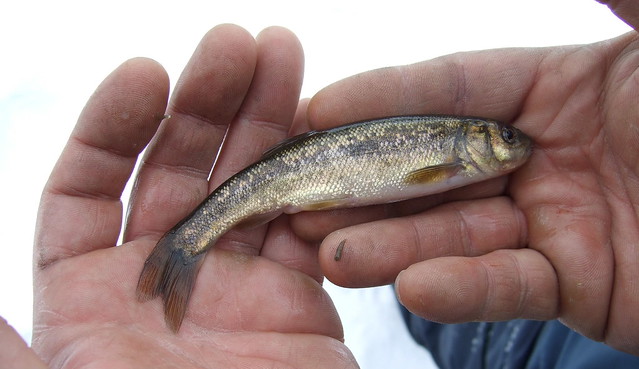Fishing is something that has been around for thousands of years, for both pleasure and survival. Catching a huge fish that weighs a ton is an exciting experience! This article details many tips and tricks for becoming a great fisherman, and ensuring more big catches in your future.
Always familiarize yourself with local fishing laws and regulations. You might not be able to use certain bait within some areas, while other laws might prohibit fishing in certain bodies of water. When uncertain about the laws, consult the local government office.
Make live bait such as earthworms look bigger in order to easily manipulate the fishes by flattening them at the night prior to you going out. Just place some worms in a newspaper lined box and place it in the fridge overnight. A cooler temperature combined with higher humidity will plump them up.
You might be discouraged and irritated when it comes to fishing in places that have lots of plants and weeds around. While it may be uncomfortable to fish in weedy areas, fish often times feed in areas of high vegetation and these areas make fantastic fishing spots.
Be mindful not to let anything catch on fire if fishing from the bank. It is common for many fishermen to smoke, and so it is very important to be careful not to accidentally light something on fire. The bank itself may be wet, but the surrounding foliage is often quick to catch on fire.
Don’t overlook the smell of your hands. If you put perfume or some other scent on your hands, you might get some of that scent on your bait. If this happens, the fish may refuse to bite, due to the smell.
Prior to knotting your line, get it wet. Not only will it reduce the friction you get as you tie it, it will also cause the know to be a lot more stronger. When selecting a knot, you may want to use a clinch knot or a double fisherman’s knot.
Make sure you remember extra water and food when you are fishing during the summer months. Heat can sap your energy and dehydrate you. Eating and drinking, frequently, will help to prevent these problems. Pack enough drinks and meals based on the length of time you plan to fish.
It’s imperative that you know what fish types you are trying to catch so that you can use bait that is attractive to them. For example, catfish like chicken liver and bream fish like bugs. If you’re fishing with bait or a lure which the fish has no interest in, you’ll walk away frustrated and empty-handed.
Bring a catching net on your fishing trips. A net is the best way to catch a fish that is jumping and struggling as you reel it in. This can help reduce the chances that you lose your fish back into the water.
Educate yourself about casting methods so that your lure doesn’t make too much noise when it hits the water. Remember that the entire purpose of your cast is to deliver tempting bait to the fish; noise is counter-productive because it tends to scare fish off. You can do this by casting your rod with your wrist.
Make sure you fish at the correct time and temperature. For example, larger bass are more active at dusk and dawn when their natural food sources are most active. A water temperature of 50 F and above is best.
Fishing has come a long way, but it doesn’t take expensive equipment and technology to be a great fisherman. The information from this article should serve you well; remember it the next time that you embark on a fishing trip.
